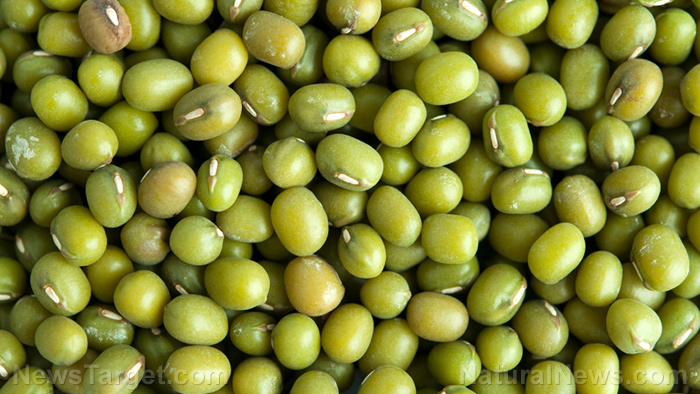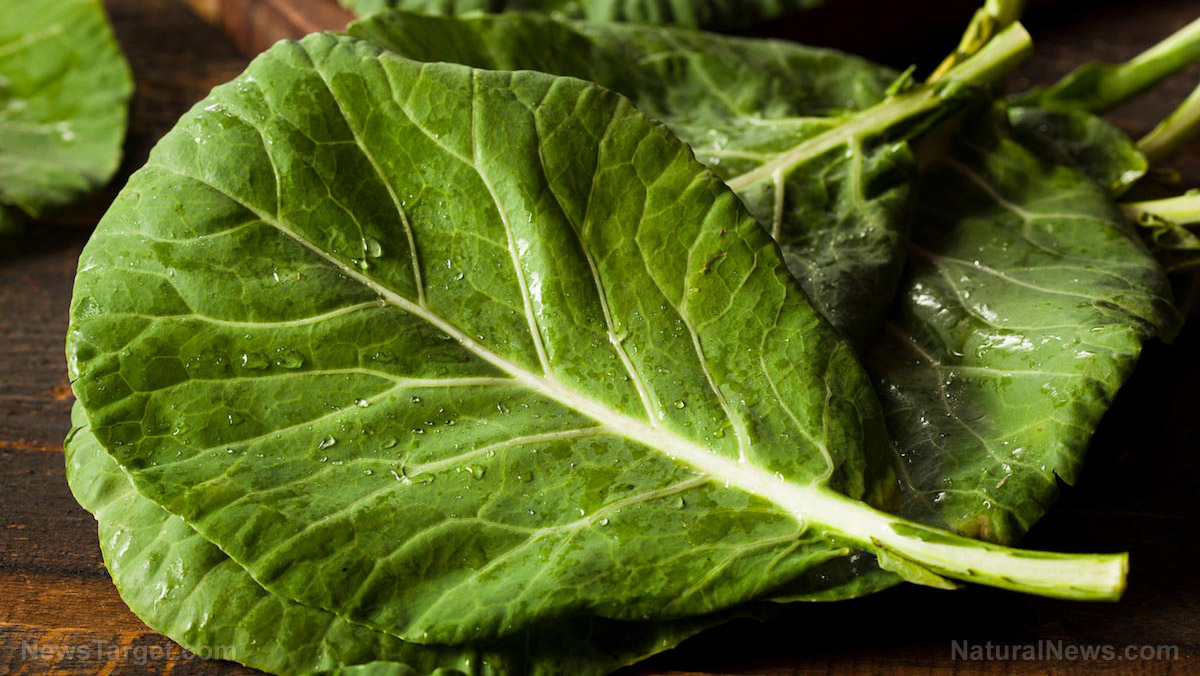Understanding the many biological activities of mung beans
03/20/2019 / By Michelle Simmons

Mung bean (Vigna radiata) is an excellent nutritive legume that can help treat or prevent chronic degenerative diseases, according to a critical review published in the journal Food Science and Human Wellness. In the article, researchers from China examined the nutritional components, phytochemical, and health-promoting effects of mung bean and its sprouts.
- Mung bean seeds and sprouts are widely consumed in Asian countries, including China, Bangladesh, India, the Philippines, and Thailand.
- There is a growing interest in this legume because of its bioactive compounds that have promising potential in the prevention of degenerative diseases.
- For the review, the researchers gathered all data of in vitro, in vivo, and clinical studies of mung bean and its impact on human health. Based on the data they gathered, mung beans contain bioactive compounds such as polyphenols and other metabolites.
- These compounds have been frequently attributed to their antioxidant, anti-diabetic, antimicrobial, anti-hyperlipidemic and antihypertensive effect, anti-inflammatory, and anticancer, anti-tumor, and anti-mutagenic properties.
The researchers concluded that mung beans have a health-promoting effect and can protect against various chronic degenerative diseases.
Read the full text of the study at this link.
To read more studies on the health benefits of mung beans, visit FoodIsMedicine.com.
Journal Reference:
Ganesan K, Xu B. A CRITICAL REVIEW ON PHYTOCHEMICAL PROFILE AND HEALTH PROMOTING EFFECTS OF MUNG BEAN (VIGNA RADIATA). Food Science and Human Wellness. March 2018;7(1):11-33. DOI: 10.1016/j.fshw.2017.11.002
Tagged Under: food cures, food is medicine, food science, functional food, mung beans, natural cures, natural medicine, prevention, research, Vigna radiata



















